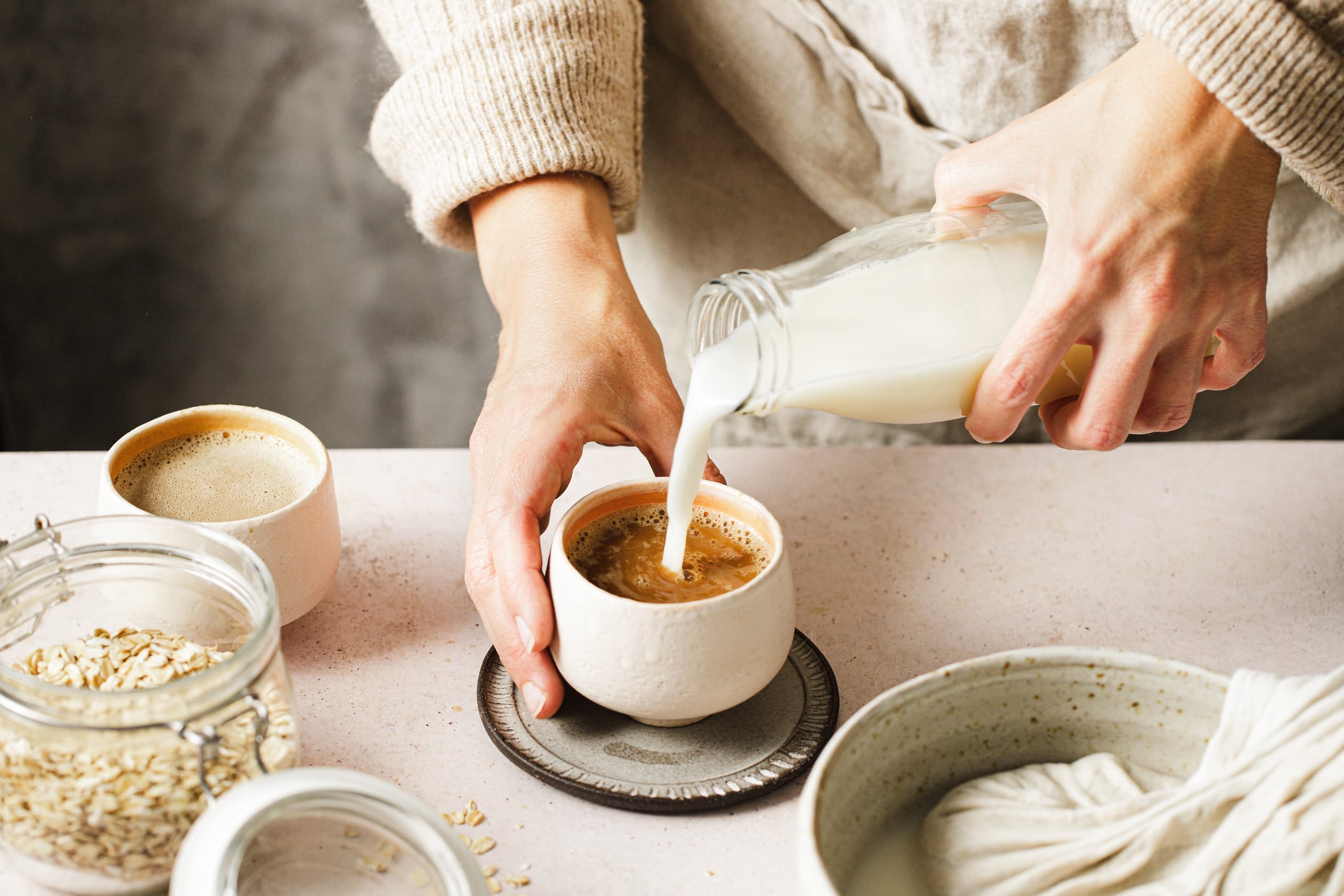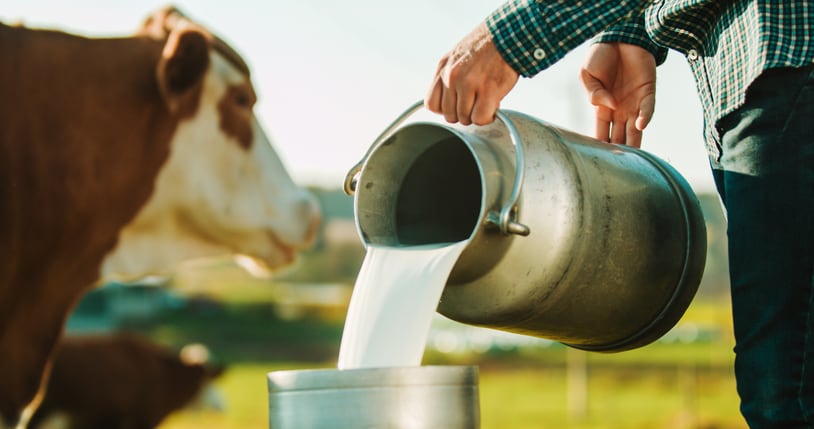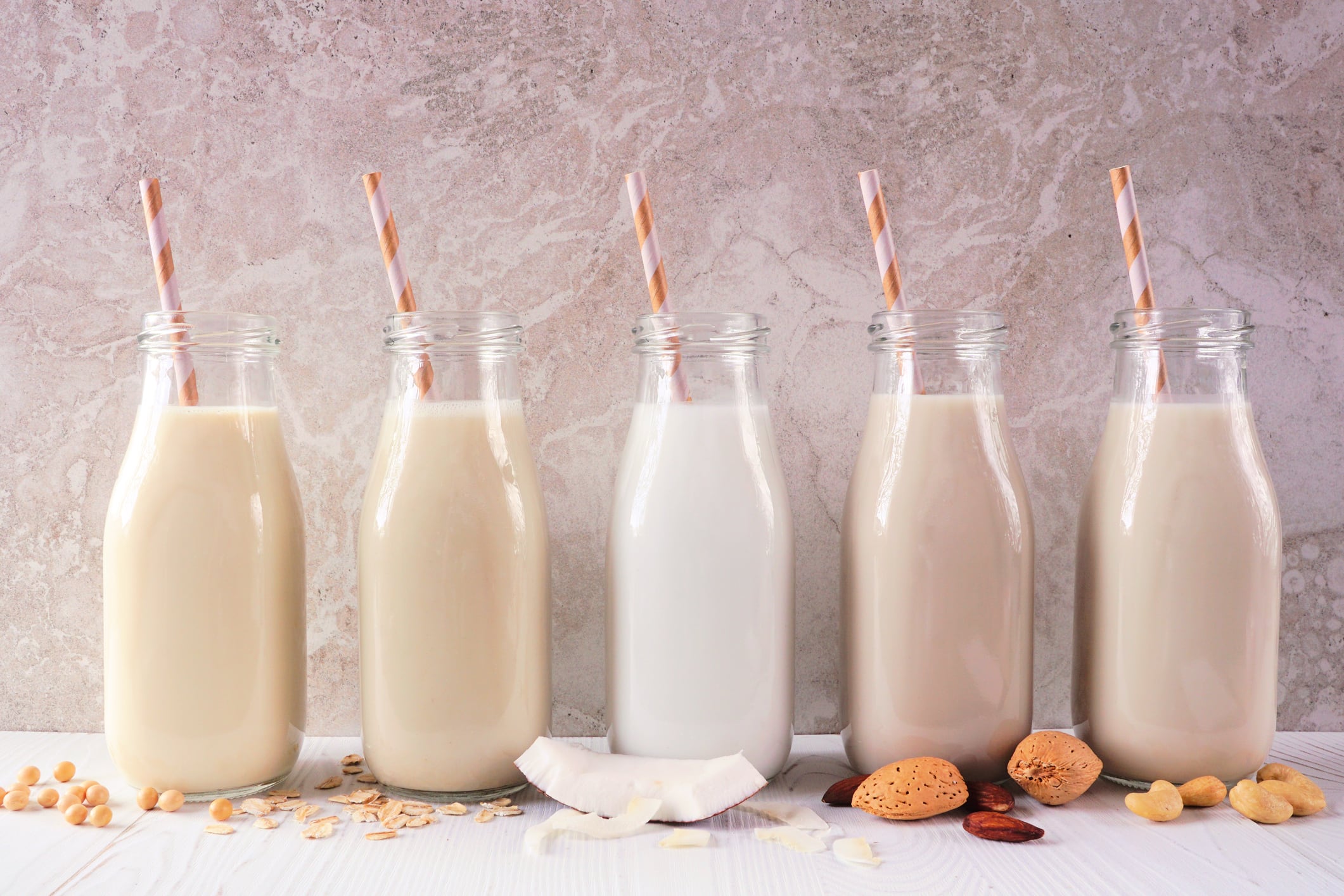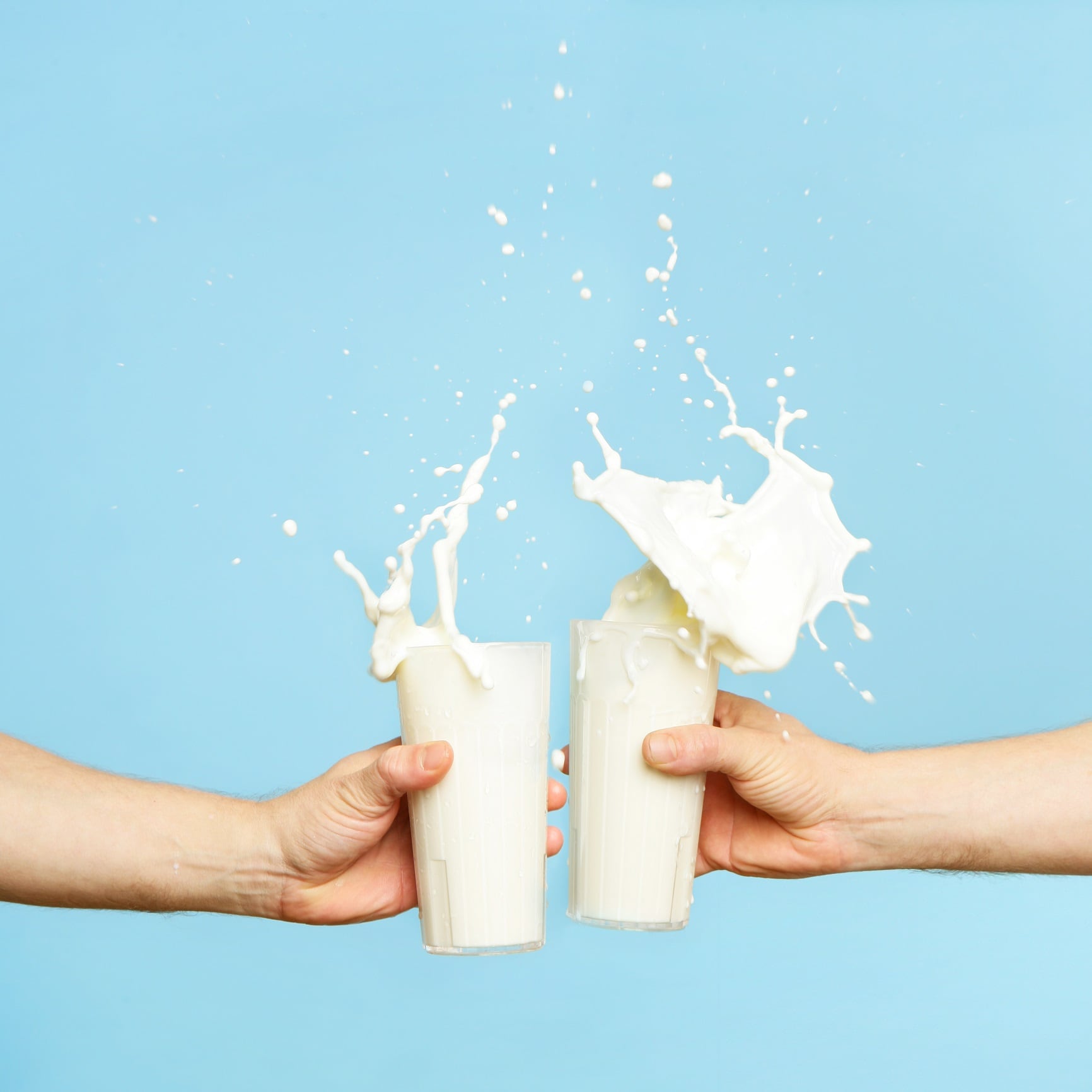Worth an estimated $19.42bn (€16.56bn - Grand View Research), plant-based milks have been the great success story of the animal-free movement.
“In recent years, there has been a remarkable surge in the popularity of alternative milk beverages, with plant-based milk leading the wave,” says a spokesperson for market insight specialists NIQ.
This growth has been fuelled by health, animal welfare, and environmental concerns, related to dairy milk.
What’s more, sales of plant-based milks have not been confined to any one generation, with Gen Z, Millennials Gen X and Baby Boomers all open to the dairy alternative.
But while the market continues to grow, there are signs of a slowdown.

Plant-based milk sales slowing
“As consumers grapple with a variety of factors affecting demand, the category is facing some headwinds and shifting in new directions,” says NIQ of the alt milk market.
Just last month, FoodNavigator reported that plant-based milk brand Mighty Drinks was going into administration.
This followed Arla Foods’ announcement that it was discontinuing its plant-based milk alternative brand Jörd in the UK.
By contrast the dairy milk industry, which had been experiencing a decline in demand, is currently enjoying something of a resurgence.

Daily milk sales rise again
While the surge in plant-based milk sales appears to be slowing globally, dairy milk sales are recovering, following a decades-long decline.
One of the biggest reasons for this is consumer confusion over the potential health impacts of both plant-based and dairy milks, leading them to stick with dairy as the option they’re familiar with.
“Consumers demonstrate conflicting attitudes when it comes to the health benefits of both plant-based and dairy milks,” says Alice Pilkington, principal analyst at Mintel.
However, one of the overriding views among European dairy consumers is that they would never completely give up eating and drinking dairy products, due to concerns about missing out on key nutrients.
Added to this, many consumers view dairy’s role in children’s lives as particularly important for development, with figures from Mintel showing 70% of French parents would worry their child was missing out on important nutrients if they avoided dairy.
Increased interest in blood sugar control is also beginning to have an impact on how consumers view both dairy and dairy alternatives, with 27% of consumers in Germany saying blood sugar concerns have led them to cut back on dairy alternatives. Though interestingly, the exact same percentage of consumers said blood sugar concerns have led them to cut back on dairy products, highlighting the level of confusion relating to both dairy and alt dairy products.
“For dairy milk, this offers the potential for whole milk to enjoy a renaissance, given the link between fat content and slower absorption of blood glucose,“ says Mintel’s Pilkington.
Plant-based milks have also faced backlash over the levels of processing used in their production.
As early as January 2022, 45% of French consumers agreed that dairy alternatives were too processed, and more recently 67% of UK consumers and 52% of German consumers said the use of highly processed ingredients in dairy alternatives was “off-putting”. At the same time, 45% of German consumers agree that dairy products tend to be less processed than alt dairy products, the comparison between the two categories inevitably boosting dairy milk’s natural perceptions.
However, there is hope for the alt milk sector on that front, as 47% of German adults agree some forms of processing can make food and drink products healthier, demonstrating the potential for brands to encourage consumers to re-appraise dairy alternatives by embracing greater transparency around their processing methods.

Is hybrid milk the answer?
The push and pull between dairy and alt dairy has opened up a market for hybrid milk, and it’s proving increasingly popular with consumers. So much so, the hybrid milk market has reached a global value of $10.2bn, and is forecast to grow at a CAGR of 7.2% over the next decade (Fact.MR).
“There is considerable interest in hybrid products across the dairy category,” says Mintel’s Pilkington.
And brands are getting behind the trend, with major players throwing their hats in the hybrid ring.
In March 2024, Kerry Dairy launched its hybrid dairy range, Smug, spanning milk, cheese and butter. Meanwhile, Dutch retailer Albert Heijn has just announced the launch of three new hybrid milk products, the result of a collaboration between the Netherlands’ Farm Dairy and Danish food-tech firm PlanetDairy.
This growing success results from the fact that, for many, hybrid dairy offers a compromise to the all-or-nothing approach of plant-based and dairy.
They also, says Mintel’s Pilkington, hold potential to offer a nutritional profile above and beyond that of solely dairy or plant-based products.
At present, the dairy, alt dairy and hybrid milk sectors are all in growth. But which will emerge victorious remains to be seen.




